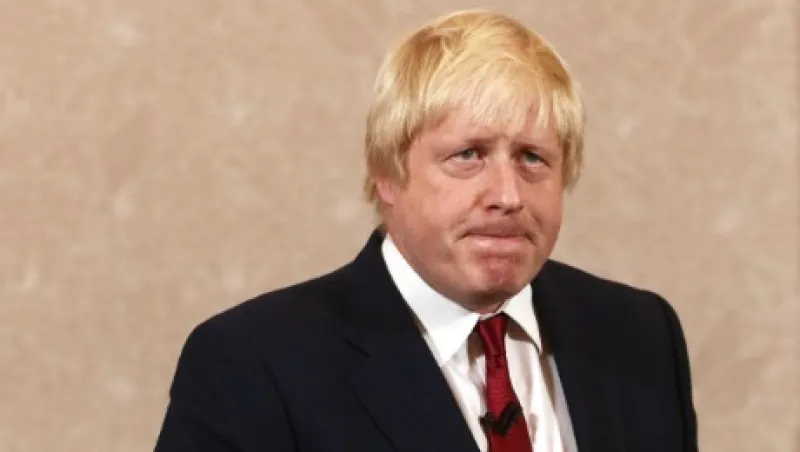One week after the Brexit vote, investors are still struggling to forecast exactly what the long-term effects of a British departure from the European Union would have on financial markets. In the U.K., the price of inflation-indexed sovereign bonds have strongly outperformed ordinary gilts as some traders wager that a weaker pound will drive import prices higher. Meanwhile, volatility remains high across European markets, with mutual-fund flows indicating that allocators continue to liquidate exposures after consecutive months of selling. In a note for clients today, Sean Darby, chief global equity strategist at Jefferies, mused that “perhaps the lesson learnt from the EU referendum heading into the U.S. presidential race is that the growing antiestablishment or antistatus quo has once again unsettled the market equilibrium established by the central banks through unconventional monetary policies.” If this is correct, markets now face a global radicalization of politics as the developed world reaches limits of monetary policy. As a result, investors may be correct in anticipating a bumpy ride ahead.
Johnson says that he will not run for prime minister. Former London Mayor and Brexit leader Boris Johnson announced he will not seek the office of Prime Minister after coming under fierce attack from fellow conservative leaders. Current Prime Minister David Cameron, a supporter of staying in the EU, resigned after the vote, saying he will stay longenough for the Conservative Party to elect a new leader. The departure now apparently leaves Home Secretary Theresa May and member of Parliament and Brexit supporter Michael Gove as the leading contenders for the position.
New polls confirm lead for Clinton. A Fox News poll published yesterday indicated a solid lead for former Secretary of State Hillary Clinton at 42 percent of responding voters versus only 39 percent for real-estate mogul Donald Trump. According to the survey, Trump’s approval ranking within his own party slipped significantly in May. While Clinton’s lead continues to expand in various polls, some continue to question her e-mail use while serving as Secretary of State. The State Department reported a surge in both Freedom of Information requests and suits over the issue, according to a court filing on Monday.
CDB IPO prices near bottom of range. China Development Bank Financial Leasing placed shares yesterday worth roughly $800 in a Hong Kong initial public offering priced near the bottom of the range marketed by underwriters. Of the buyers of stakes in the Shenzhen real-estate lender, more than 78 percent of allocations went to so-called cornerstone investors — those who agree to lock-ups in exchange for guaranteed participation. Chief among these was state-owned China Three Gorges Corp.
Puerto Rico default looms. After a 68-to-30 vote in the U.S. Senate yesterday in favor of legislation allowing Puerto Rico to restructure its debt, President Barack Obama is expected to sign the bill allowing a federal board to oversee negotiations with creditors. According to Puerto Rico Governor Alejandro Garcia Padilla, the territory will default on roughly $1 billion due on general-obligation bonds on Friday due to lack of funds. The legislation imposes federal oversight of the restructuring process and does not provide additional aid from Washington.
Bank of China to offload assets to Hong Kong subsidiary. Late today local time, Bank of China announced a sale of Malaysian and Thai assets valued at nearly $900 million to its Hong Kong subsidiary as part of an ongoing effort to streamline its balance sheet. The cash transaction will allow the mainland parent to reduce exposure to Southeast Asia as concerns about overextended property lending weighs on investors in primary Chinese banks.
Banks cleared to pass more profits to shareholders. Following the annual stress tests of major financial institutions, the Federal Reserve cleared 31 of the 33 institutions to increase profit sharing with investors. The only institutions that failed to receive approval were subsidiaries of foreign lenders Deutsche Bank and Banco Santander. According to the Fed, these banks continue to face risk-management challenges.






